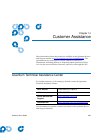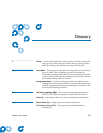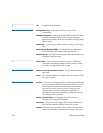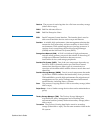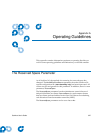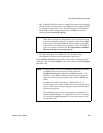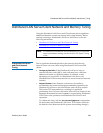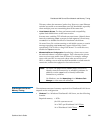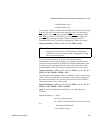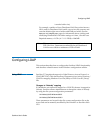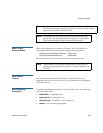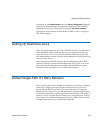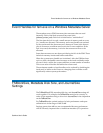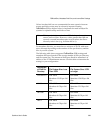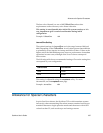
Distributed LAN Server/Client Network and Memory Tuning
StorNext User’s Guide 330
This may reduce the amount of packet loss. However, some Ethernet
switches are unable to accommodate true GigE bandwidth, especially
when multiple ports are transmitting data at the same time.
•
Linux Network Drivers. For best performance and compatibility,
update Intel e1000 drivers to the latest version.
In some cases, enabling TCP offload can cause issues. (Identify these
issues by examining
netstat -s output for bad segments.) If necessary,
use
ethtool -K to disable the offload of checksum calculations.
On some Linux 2.6 versions running on x86 64-bit systems, a console
message regarding
noirq handler may appear followed by a hard
system hang. This is due to a bug in the kernel. To avoid this error,
disable the
irqbalance service.
•
Mismatched Server Configuration. Introducing a slower server onto
the network reduces overall throughput. This is because the slower
server receives some traffic from all clients. For example, adding a
server with one NIC in a network where other servers have two
NICs, or adding a server with less disk bandwidth or a bad network
connection, reduces throughput for the entire network.
Distributed LAN Server
Memory Tuning 1
The minimum amount of memory required for a Distributed LAN Server
depends on the configuration.
•
Windows. For a Windows Distributed LAN Server, use the following
formula:
Required memory = 1GB +
(# of file systems served
* # of NICs per Distributed LAN Client
* # of Distributed LAN Clients
Note: On Linux, use ping and the cvadmin latency test tools to
identify network connectivity or reliability problems. In
addition, use the
netperf tool to identify bandwidth
limitations or problems.
On Windows, use the
Networking tab of Windows Task
Manager
to view network utilization.



